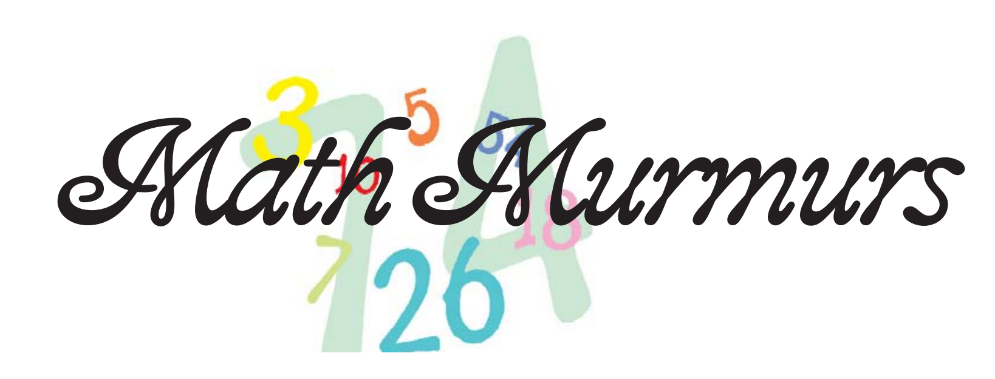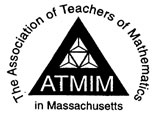Good, solid and useful school-based PD for Math Teachers is often a challenge. Speakers can be hit or miss (and expensive), sometimes PD gets too bogged down in theory, and other times the focus of secondary school-based PD is so broad that teachers have a hard time applying it to their own subject areas and classrooms. Teachers often leave thinking that it would have been better simply to have been given the time to prep for tomorrow’s lessons.
A challenge I face is creating PD that reflects what we want our teachers to do and create in their classrooms, especially around the notion of “problem-based” curriculum and instruction. What better way to show its worth than by having teachers engage in solving problems together? Not only does it have the potential to remind teachers about the nature of mathematics, but it also gives them problems that they can bring directly into their classrooms.

I wasn’t sure I would find the right set of problems to use, but in the end, a lesson from the people at the Mathematics Assessment Project (out of the Shell Center) provided just the right kind of problems to have teachers leave the day exclaiming, “that was fun!” The lesson is titled “Evaluating Statements About Length and Area.” I did not follow the actual lesson format with teachers. Instead, after a quick overview of my goals for the PD day, I gave them a copy of page S-3 in the student materials and asked them to start working on the problems individually. Without any prompting, after about 20-30 minutes of working independently, the room erupted into the noise of collaboration as teachers began sharing the specific problems they had been working on, comparing solutions and methods of solving.
Approaches to solving the problems varied widely including algebraic approaches, more classic geometric methods, and explorations using technology. I think it is safe to say that teachers left the PD experience remembering what it is that excites them about mathematics, and more ready to bring a problem-based curriculum into their classroom. Perhaps the best sign of success were the stories from teachers that brought these specific problems into their classroom in the weeks that followed.
The Mathematics Assessment Project offers lessons, tasks, and assessments for grades 6 – 12. For more information, visit MARS at www.map.mathshell.org.

